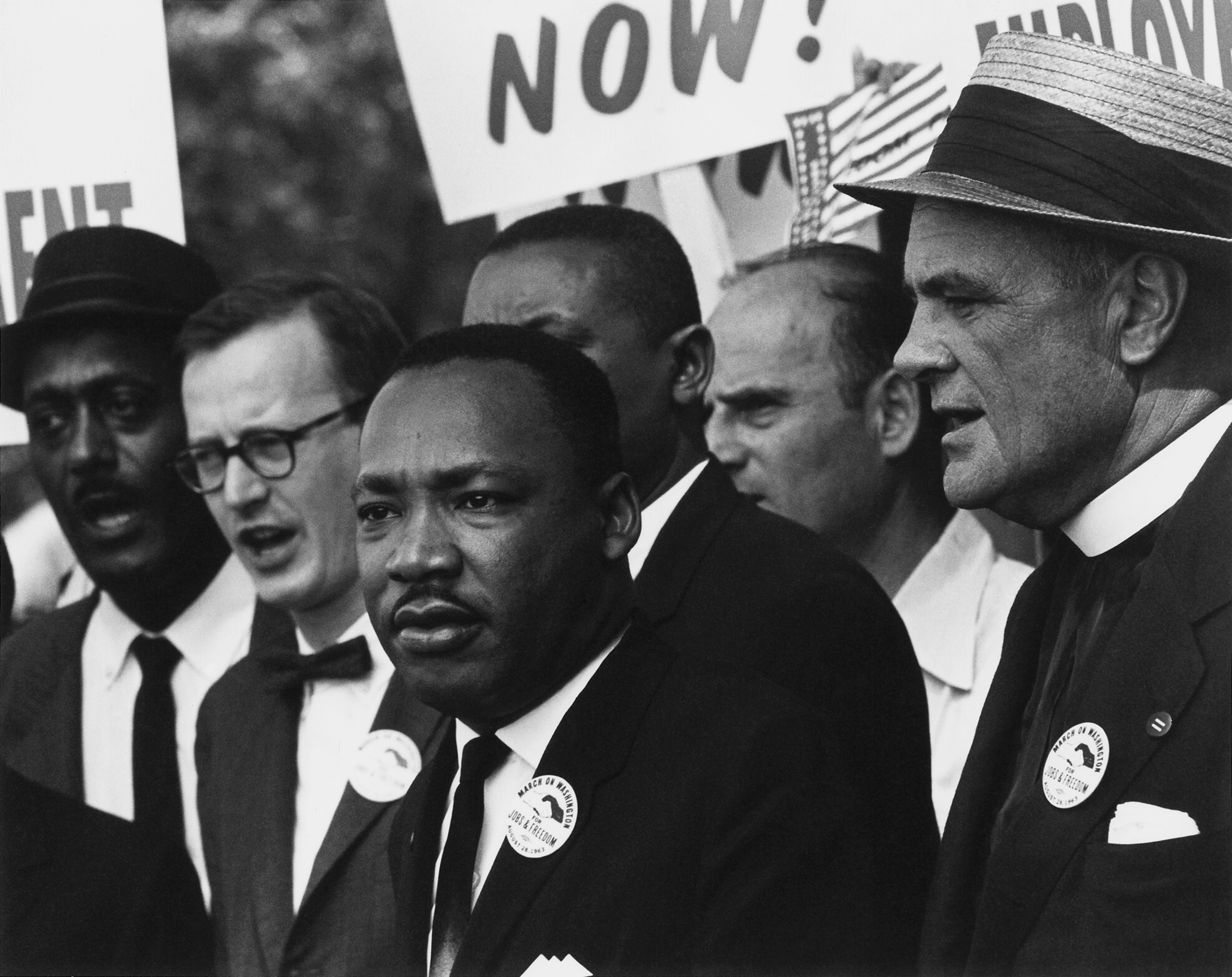Even in a Race Riot, There Was a Place for Civility
Little things mean a lot and manners mean a great deal. Fifty years after the Rev. Martin Luther King Jr. was assassinated, our national manners about race seems to be fraying.
After King was fatally shot, I was in the thick of the riots in Washington. The one thing I recall with great clarity is — even as shops were being looted and fires set — the rioters paused to be polite to me. Several times men, who were out to destroy or steal as much as they could, ushered me to safety and inquired if I was all right.
In those race riots, there were outbreaks of manners; of people seeing each other as people. Richard Harwood of The Washington Post noticed the same outbreak of politeness and wrote about it.
That is why it is distressing to see socially considerate language deteriorate. It means a deterioration in manners.
In these 50 years, we have come both a long way and not far enough. How we talk about things does matter.
Twenty years ago, while I was hanging out with some Irish television journalists in a bar in Dublin, they began attacking a local newscaster. Nothing unusual there: The writers and producers who write the words spoken on air often resent the newscasters who read them.
They are invariably paid much more than the people who prepare the broadcasts, reap the rewards of celebrity and can be a pain. Remember Ted Baxter in “The Mary Tyler Moore Show”?
In a final comment, one of the most senior of the journalists declared, “Let’s face it, he’s just a Protestant prick!” This remark gave me a start and made me glad that I was naturalized American. We might call someone names in America, but we would not drag in religious affiliation.
In Washington, at the venerable National Press Club, another little shocker. A Malaysian publisher, discussing the dominant position of the Chinese minority in his country, said in a voice so loud that other guests looked around, “The only straight thing about a Chinaman is his hair.” We would neither say nor think that.
A small thing, words and the related manners they codify, but they set the tone. We scatter the words and they grow into attitude and policy.
In my own negotiations — business negotiations, labor negotiations and news-story negotiations — manners have been an essential part of them. If you have publicly denigrated your opponent before you sit down, you will have traded a position on the high ground for one in the swamp.
So why is President Trump, who fancies himself the deal-maker in chief, the denigrator in chief? Dissing others is like lying; no one will believe anything that comes out of your mouth later. A veracity gap has a permanence about it.
The Bad, Sad News from Puerto Rico
I have had a lifelong interest in electricity. As a kid in Africa, I learned the difference between having it and not. It is the difference between living and subsisting, hope and hopelessness.
I read an alarming story in The Intercept, an online news publication, which says that despite more than 1,500 highly experienced emergency workers from the mainland in Puerto Rico, crews are sitting idle while the supplies, which would enable them to get on with the job of restoring power to about 1 million American citizens, are locked away in warehouses.
Yankee can-do is apparently not doing, owing to local incompetence and maybe corruption.
The Debate over Embassies: Don’t Lose Track of the Facts
Amid all the outrage and some endorsement of Trump’s moving the U.S. embassy from Tel Aviv to Jerusalem, the fact that the two cities are close to each other got lost. It is a distance of 50 miles and I have traveled it several times in, as I remember, about 40 minutes or less by taxi.
As for the new London embassy, it is on the London Underground in Nine Elms, an up-and-coming area in a dynamic and changing city.
It is not Ye Olde London: Just look at the skyline and marvel.
The Things They Say
“It’s not tyranny we desire; it’s just, limited, federal government.” — Alexander Hamilton.

 Follow
Follow
Leave a Reply